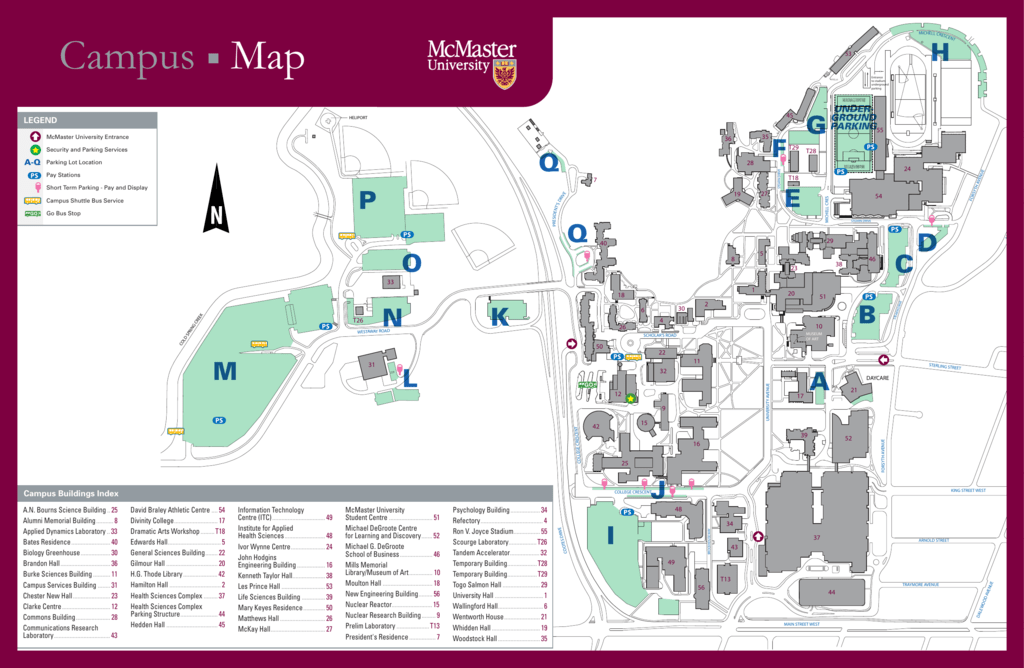

However, mankind has never stopped for the use of immunosuppressive drugs to treat diseases. Since then, cyclosporine A has been used clinically to treat human autoimmune diseases. Cyclosporine A has received much attention since its successful use in the treatment of organ anti-rejection, and researchers have again used cyclosporine A in animal studies and found it to be effective in human-like autoimmune myasthenia gravis in rats. As a result, the demand for highly selective immunosuppressive drugs has gradually increased. In the early days, autoimmune diseases were mainly treated with glucocorticoids and cytotoxic drugs, but it was found that these two types of drugs were too selective for cells, thus easily injuring normal cells by mistake. We all know that the use of immunosuppressive drugs is a very effective way to treat autoimmune diseases, but the drugs used need constant innovation.

Although the problems of organ transplantation have improved, new problems have arisen. It was not until 1953 when George Hitchings and his associate Gertrude Elion successfully developed the anti-cancer drug 6-mercaptopurine and structurally modified it to develop mercaptopurine, which was used in combination with hormonal drugs for organ transplantation, that the life span of transplanted organs was greatly extended, but research into the use of new drugs for organ transplantation is still progressing at a rapid pace today. Subsequently, medical personnel applied glucocorticoids to organ transplants, but the quality of patient survival was delayed due to the highly toxic side effects of hormones, and the development of immunosuppressive agents was imminent. In the 1950s, the anti-rejection reactions present in organ transplants could only be controlled by radiation, and patient survival could not be guaranteed. However, medical problems abound, and the quest of our ancestors never stops. Since then, immunosuppressive agents have been on the stage of history, and glucocorticoids have been widely used in clinical practice, and two great scientists were awarded the Nobel Prize in 1950 for this discovery. In 1949, Edward and Philip successfully extracted the adrenocorticotropic hormone cortisone from animals and elucidated its structure and biological effects. Undoubtedly, immunosuppressive agents have achieved great progress and success in the treatment of these diseases, thus further demonstrating the great research and development prospects of immunosuppressive agents. Immunosuppressive agents are a class of drugs that inhibit the abnormal immune response of the body and suppress the proliferation and function of cells related to the immune response (macrophages such as T cells and B cells), thereby reducing the antibody immune response, and are now mainly used in organ transplantation anti-rejection reactions and autoimmune diseases.


 0 kommentar(er)
0 kommentar(er)
